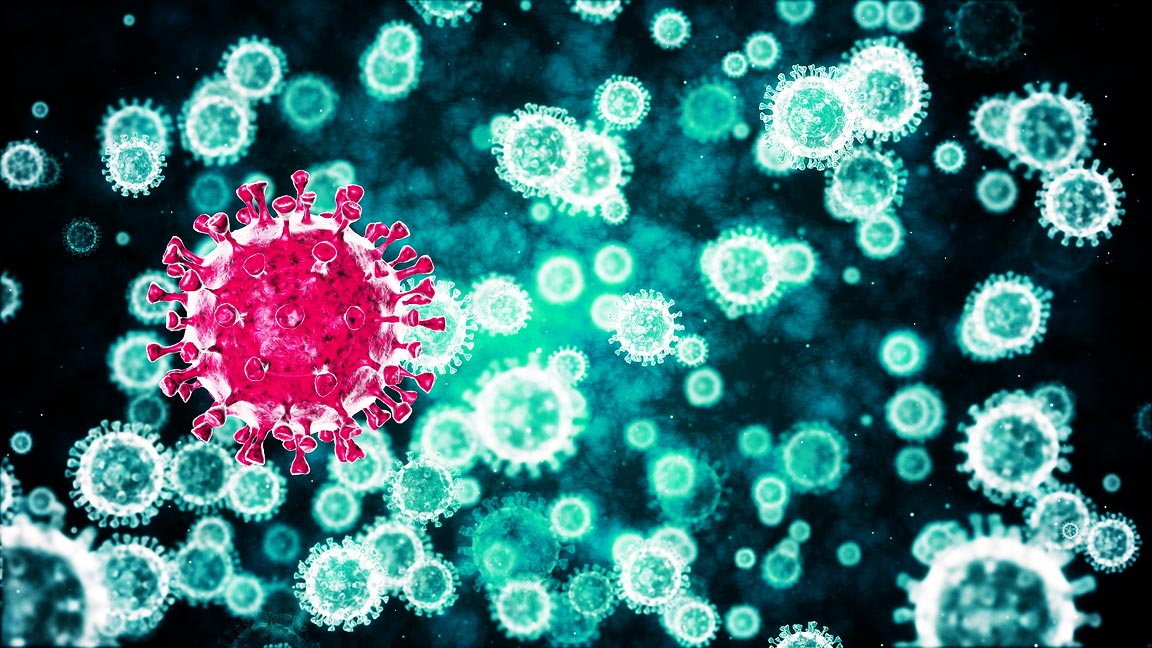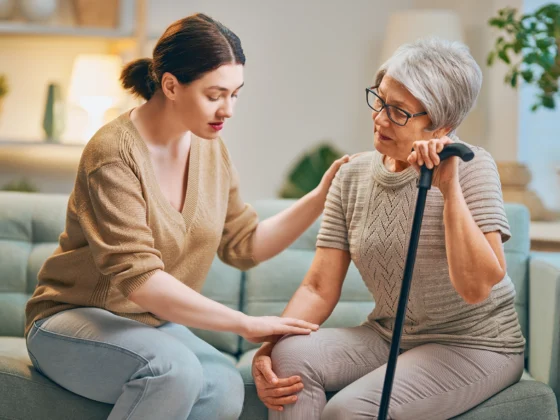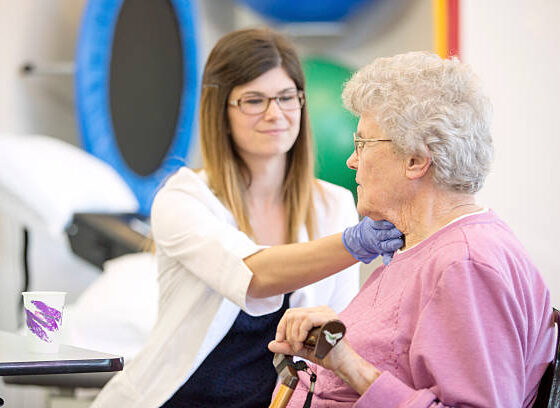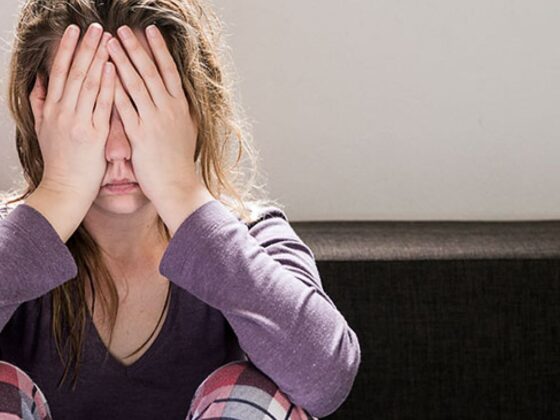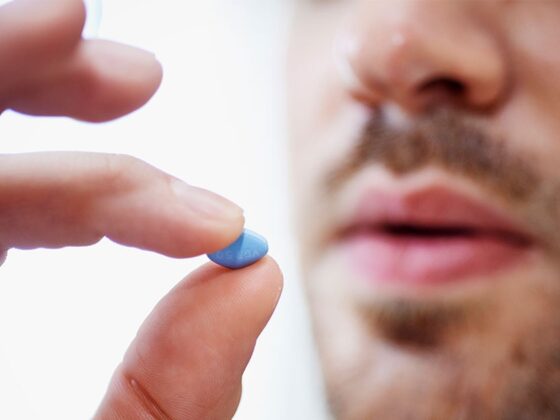If you have high blood pressure, it’s a good idea to take extra care to protect yourself during the coronavirus (COVID-19) outbreak. Early research shows that people with the condition may be more likely to:
- Get COVID-19
- Have worse symptoms
- Die from the infection
High Blood Pressure Risks
Data from China and Italy — countries hit early by the virus — show higher risk of COVID-19 infections and complications in people with high blood pressure.
In China, 25% to 50% of people who came to hospitals with coronavirus had high blood pressure or another health condition like cancer, diabetes or lung disease. In Italy, more than 99% of people who’ve died from the virus had one of these conditions — and 76% of them had high blood pressure.
People with high blood pressure are also slightly more likely to die from coronavirus. Their risk is about 6% higher than the overall population.
What’s the Link?
A weaker immune system is one reason people with high blood pressure and other health problems are at higher risk for coronavirus. Long-term health conditions and aging weaken your immune system so it’s less able to fight off the virus. Nearly two-thirds of people over 60 have high blood pressure.
Another possibility is that the higher risk comes not from high blood pressure itself, but from certain drugs used to treat it — ACE inhibitors and angiotensin receptor blockers (ARBs). This is just a theory, since there’s no research yet on what impact, if any, these medications might have on COVID-19.
The theory is based on the fact that ACE inhibitors and ARBs raise levels of an enzyme called ACE2 in your body. And to infect cells, the COVID-19 virus must attach itself to ACE2.
Until more research comes out, the American College of Cardiology and American Heart Association recommend that you keep taking your high blood pressure medicine as prescribed. If you don’t, it could raise your risk for a heart attack or stroke, putting you in the hospital just as coronavirus cases are coming in.
While pneumonia is the most common complication of the virus, it can also damage the cardiovascular system. That’s why people with high blood pressure, heart disease, and heart failure are at risk.
High blood pressure damages arteries and reduces the flow of blood to your heart. That means your heart has to work harder to pump enough blood. Over time, this extra work can weaken your heart to the point where it can’t pump as much oxygen-rich blood to your body.
Coronavirus can also damage the heart directly, which can be especially risky if your heart is already weakened by the effects of high blood pressure. The virus may cause inflammation of the heart muscle called myocarditis, which makes it harder for the heart to pump.
If you also have plaque buildup in your arteries, the virus may make those plaques more likely to break apart and cause a heart attack. Past studies have shown that people with heart disease who get a respiratory illness like the flu or earlier types of coronavirus are at higher risk for a heart attack.
What Should You Do?
Everyone needs to take precautions to prevent coronavirus. People with high blood pressure and other health conditions need to be extra careful.
The CDC offers this advice:
- Make sure you have enough medicine on hand to treat high blood pressure and other health conditions.
- Stock up on over-the-counter medicines to treat a fever and other symptoms if you get sick.
- Stay at home and limit contact with other people as much as you can.
- Avoid crowds and anyone who looks sick.
- Wash your hands often with soap and warm water.
- Clean and disinfect all frequently touched surfaces like countertops and doorknobs.
A coronavirus vaccine isn’t available yet, but the American College of Cardiology recommends that you stay up to date on your other vaccines. The pneumococcal vaccine will prevent you from catching pneumonia on top of coronavirus. Also get a flu vaccine. Its symptoms are easy to confuse with coronavirus, which could make it harder for doctors to diagnose you if you do get sick.
Reprinted from WebMD
Note:
Even though initial studies indicate a higher risk of COVID-19 infections and complications to people taking ACE inhibitors and ARBs; it is extremely important that you continue taking your medication as prescribed. Do not make any decisions regarding blood pressure medication without first talking to your doctor. You can find a natural alternative without side effects instead.
